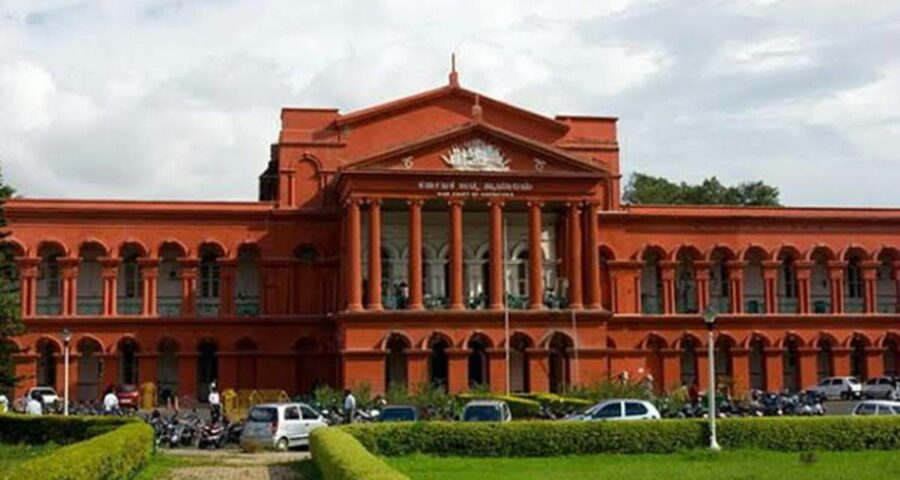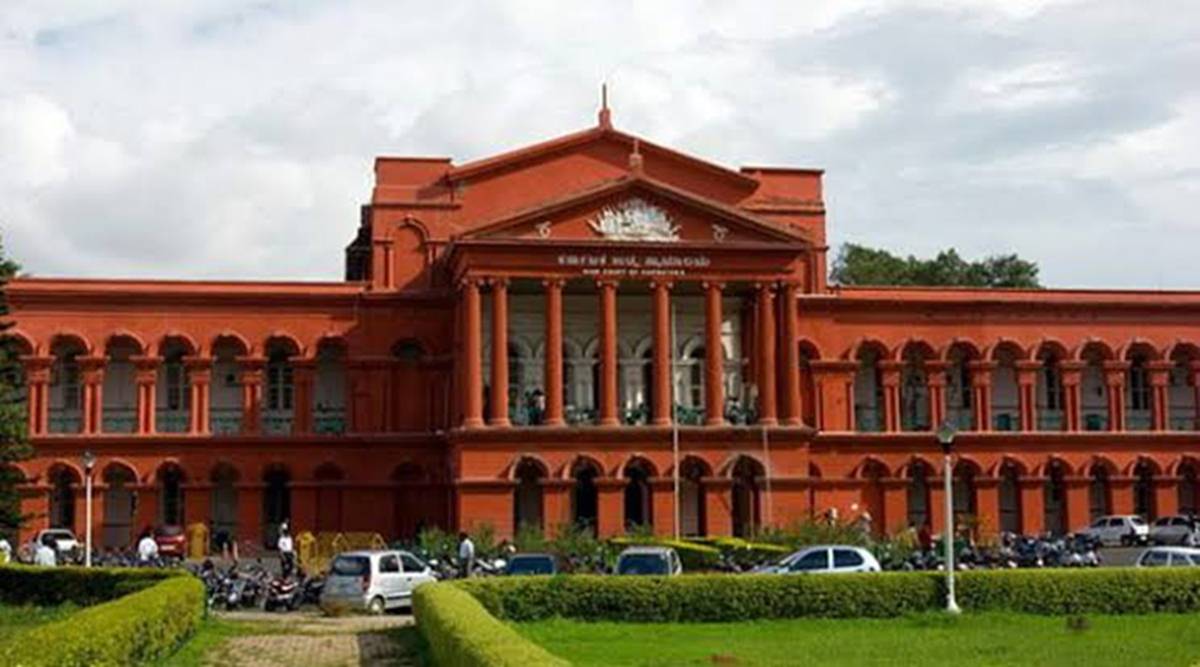In its submission, the NHAI also alleged that many NGOs file petitions for upholding the norms of the Act “at the instance of foreign powers”.
THE NATIONAL Highways Authority of India (NHAI) has landed in trouble in the Karnataka High Court for claiming in a submission that the Environment Protection Act, 1986 was “passed by Parliament not only for protection of environment but also at the instance of foreign powers” while referring to a UN conference.
The submission was made by a Deputy General Manager of NHAI in objections to a writ petition filed by the NGO, United Conservation Movement, against a 2013 notification of the Union Environment Ministry doing away with environment impact assessment reports for widening national highways of over 100 km by more than 40 metres.
In its submission, the NHAI also alleged that many NGOs file petitions for upholding the norms of the Act “at the instance of foreign powers”.
Taking strong objection to these claims filed during a hearing on January 11, a division bench headed by Chief Justice of the High Court, Abhay Shreeniwas Oka, described them as “shocking”.
The NHAI has since attempted to retract from the filings through a senior lawyer in the form of former advocate general Uday Holla. But the High Court on January 19 insisted that the NHAI respond on how the submissions were filed.
“We cannot casually allow withdrawal of such a statement of objections in which a bold stand has been taken by the said Authority on oath that the said Act of 1986 has been enacted not only for the protection of the environment, but also at the instance of the foreign powers,” the bench, also comprising Justice Sachin Shankar Magadum, said.
According to the objections filed by NHAI, the Environment Protection Act, 1986 is an Act “to provide for the protection and improvement of environment and for matters connected therewith: whereas the decisions were taken at the United Nations Conference on the Human Environment held at Stockholm in June, 1972, in which India participated, to take appropriate steps for the protection and improvement of human environment.”
The NHAI further states: “Hence, the Act has been passed by Parliament not only for protection of the environment but also at the instance of foreign powers. And many NGOs are filing Writ Petitions at the instance of foreign powers. Foreign entities such as Amnesty International and Peoples Union for Civil liberties through its Indian counterparts have filed Writ Petitions directly under Article 32 of the Constitution of India, by passing High Courts, in furtherance of vested interests.”
The submission alleges that many organisations in India, which function as environmental action and human rights, “are actively involved in attacking development projects, and challenging govt. policies & notifications and doing anti national activities”.
The High Court noted: “To put it very mildly, we are really shocked at the way the statement of objections has been filed by the said Authority which is signed and verified by the Deputy General Manager (Tech) of the second respondent (NHAI). The statement of objections is also signed by the advocate for the second respondent.”
The court said: “Such scandalous allegation has been made against the central legislature by an agency and instrumentality of the state. The said inference appears to have been drawn on the basis of decisions taken at the United Nations Conference of the Human Environment held at Stockholm in June 1972, in which India participated and agreed to take steps for protection of the environment.”
The division bench noted: “Moreover, the said authority seems to be proceeding on the footing that most of the organizations which file petitions in this court and the apex court in environment matters for protecting the environment are supported by foreign powers.”
The High Court has directed the NHAI chairman “to nominate a very senior officer to look into and inquire into the manner in which the statement of objections was filed”. The NHAI, “being an agency and an instrumentality of the State, is under an obligation to explain to the court, the procedure, if any, adopted for finalizing the statement of objections,” the court stated.
If the NHAI does not support the stand taken in the objections, it must “state before the court what action has been taken against the persons responsible for filing such a statement of objections which prima facie contain scandalous and irresponsible allegations”, the bench stated.
The High Court has also asked the NGO, United Conservation Movement, to provide details of its constitution and activities carried out in environment and conservation. The NGO, which is a conglomeration of environment groups, has over the last couple of years challenged NHAI projects in the Western Ghats, a tiger reserve as well as construction activity in a wildlife reserve.
The High Court is scheduled to take up the matter again on February 2.
Source: Read Full Article


